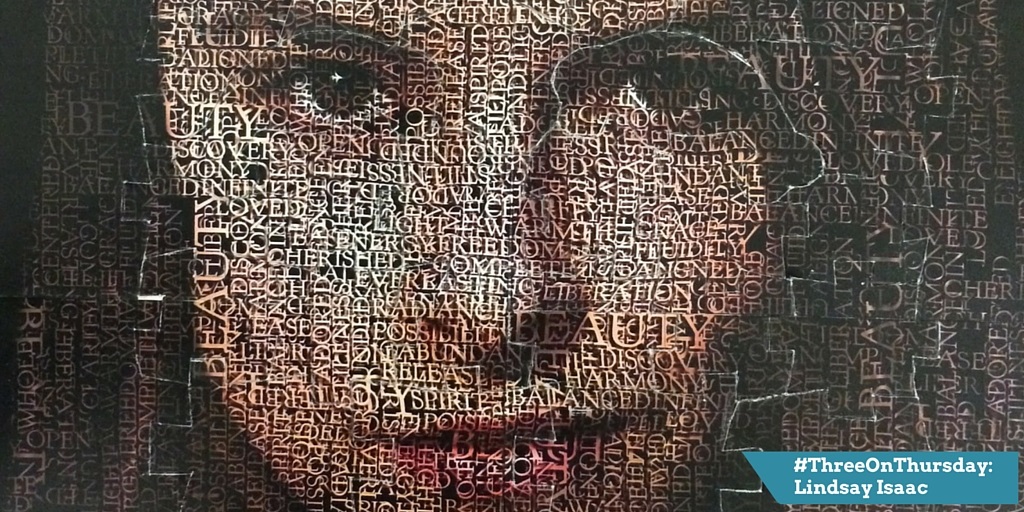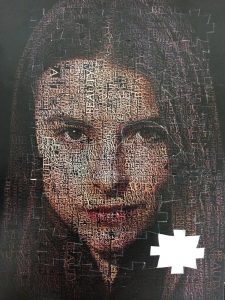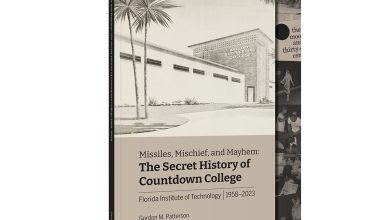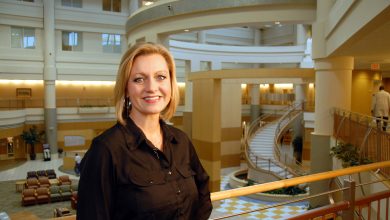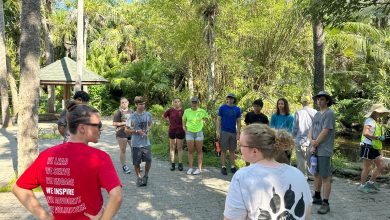Three on Thursday: Lindsay Isaac
Lindsay Isaac is a talented writer in my Writing About Literature class this semester and I was delighted when she agreed to be interviewed this week. She’s a Communication major and part of the Crimson staff. Here are her thoughts on writing and creativity and her reading recommendations.
- What is the last topic you wrote about? If you’re a creative writer, tell us about what inspired your composition. If you’re a student or scholar doing research or journalism, explain the context of your piece and what motivated you to choose that topic.
Lindsay: I am always writing! I keep a daily journal of the thoughts, images, questions, conversations, and notes that I collect over the course of the day. For me, journaling is both a passion and a discipline. I recently read the words, “I don’t always like to write, but I love having written,” which is true. It can be difficult to box out the space in my life that is required to document and draw connections between the events of the day, but I love to track the interconnectedness of life’s events & to be able to reflect on the patterns and stories that are formed by doing so. What moved me to begin consciously collecting images and words throughout the day was the following quote:
“You are the books you read, the films you watch, the music you listen to, the people you meet, the dreams you have, the conversations you engage in. You are what you take from these. You are the sound of the ocean, the breath of fresh air, the brightest light and the darkest corner. You are a collective of every experience you have had in your life. You are every single second of every single day. So drown yourself in a sea of knowledge and existence. Let the words run through your veins and let the colors fill your mind…”
I found this quote when I was looking for an explanation as to where time goes. I felt as though time merely evaporated and vanished. But I realized, upon examining the moments of my life more closely (which has evolved into the practice of journaling), that time is not lost but *converted*. I became fascinated by the many pieces that have come together (and continue to come together) to form the puzzle, or collage, of my perspectives and experiences. The paper trail of images and words that I am creating is my way of documenting and visualizing this conversion of time. But more importantly, writing has become my way of exploring and understanding the world within and around me. I also love art and photography for this same purpose.
- What conclusions or assumptions (right or wrong) might someone make if they looked at the books on your bookshelf/desk/backpack right now? Tell us about some particularly interesting selections and any books you’d recommend to others.
Lindsay: I have never actually taken a step back to look at the books I have accumulated, but now I realize that if anyone was to look at the row of books under my desk, he or she would probably draw the conclusion that a) I love to learn and b) I will write on whatever I can find. I recently re-discovered the usefulness of sticky notes, so many of my books are exploding with sticky notes of all colors. I also write and draw all over the pages of my books, so anyone who looks inside one of my books might be either intrigued or thoroughly confused. The titles of the books in my room reveal that I am curious about a range of subject matter, but I am especially fascinated by the mind and by thought. I want to learn how I work: mentally, physically, emotionally, etc. “Moonwalking with Einstein” by Joshua Foer is a book I read and recommend for this reason.
- What or who inspires you when you are feeling creative? Your response doesn’t necessarily have to be about writing. It could be about anything you do to express yourself creatively and the inspiration that fuels that creativity.
Lindsay: Call me cliche, but inspiration is everywhere! A single image, word, or conversation, however unexpected, has the power to trigger a cascade of associations in my mind. When associations collide, I find myself reaching for whatever form of self-expression or medium that is most accessible to me at the moment: a pen, paper, a voice recorder, a camera, a paint brush.
I love to pay attention to the words that surround me and enter my mind, so I am fascinated by the many conversations that take place over the course of the day with few people ever hearing. Everyone has a story and I am captivated by the intricacy and sharing of those stories. The list of people who inspire me is infinite and ever-expanding: Anthony Robbins, Jonathan Fields, Marie Forleo, Alisa Vitti, Deepak Chopra, Robert Frost, Wallace Stevens, Arundhati Roy, Jason Silva… But the people who inspire me most are those whose lives are a testament to their words.
I am also inspired every time I reflect on the power of language. I recently read a passage which recollected an ad created in 1960 to promote National Library Week:
“abcdefghijklmnopqrstuvwxyz
At your local library they have these arranged in ways that can make you cry, giggle, love, hate, wonder, ponder, and understand. It’s astonishing to see what these twenty-six little marks can do. In Shakespeare’s hands they became Hamlet. Mark Twain wound them into Huckleberry Finn. James Joyce twisted them into Ulysses. Gibbon pounded them into The Decline and Fall of the Roman Empire. John Milton shaped them into Paradise Lost.”
With 26 letters, look at what is possible!

